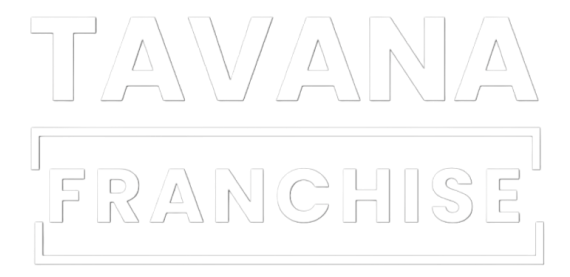Understanding Franchises
Your complete guide to the franchise business model and how it can transform your entrepreneurial journey
Did you know that the franchise business model is big in the global economy? It has thousands of businesses around the world. A franchise is when a franchisee pays a franchisor to use their brand and business ways.
If you're thinking about getting into franchising, it's good to know the basics. Franchising lets you run a business with a known brand. You get to use the franchisor's knowledge and help.
Learning about the franchise meaning and how it works helps you decide if franchising is right for you.
✓ Key Takeaways
- • A franchise is a business model where a franchisee pays a franchisor for brand rights.
- • Franchising allows you to operate under a well-established brand name.
- • The franchisor provides expertise and support to the franchisee.
- • Understanding the franchise business model is crucial for making informed investment decisions.
- • Franchising has become a significant contributor to the global economy.
What is a Franchise?
Starting a business? It's key to know what a franchise is. A franchise lets you use a brand name and proven methods. This way, you can run a business with the help of an established brand.
Definition of a Franchise
A franchise links a franchisor and a franchisee. The franchisor gives the license, and the franchisee uses it. The franchise agreement outlines what each side must do.
Many find the franchise model appealing. It offers a clear business plan and ongoing support. Knowing what a franchise is helps you see its value for your business goals.
Key Components of a Franchise
A franchise has a few main parts. These include the franchise agreement, special business knowledge, and the franchisor's trademarks. The agreement is key, as it covers the license's details and fees.
The franchisor helps the franchisee with training and support.
The franchisee must follow the franchisor's business model and standards.
The franchisee pays fees, like an initial fee and ongoing royalties.
It's important to understand these key components if you're thinking about a franchise. Knowing the basics helps you decide if franchising is right for you.
Types of Franchises
Understanding the different types of franchises is key. There are product distribution, business format, and conversion franchises. Each offers unique benefits.
Product Distribution Franchises
These franchises focus on selling the franchisor's products. The franchisee acts as a retailer, selling to customers. This is common in the automotive industry, where dealerships sell vehicles.
Key characteristics:
The franchisee sells the franchisor's products. The franchisor provides marketing and product training.
Business Format Franchises
Business format franchises offer a complete business system. This includes the product or service, business model, marketing, and support. Examples include fast-food chains and retail stores.
Benefits:
Franchisees get a proven business model, ongoing support, and brand recognition.
Conversion Franchises
Conversion franchises turn an independent business into a franchise. This benefits both the franchisor and the franchisee. The franchisee gets a recognized brand and support.
"Conversion franchising allows entrepreneurs to leverage the strength of a brand while maintaining their existing business operations."
Advantages:
Franchisees get the franchisor's brand reputation and marketing. They also keep some of their original business identity.
Benefits of Owning a Franchise
Franchise ownership comes with many benefits that can really help your business grow. By joining a well-known franchise, you get a tested business model, lots of support, and a strong brand.
Establishing a Strong Brand Presence
One big plus of owning a franchise is the instant recognition it brings. When you choose a well-known franchise, you tap into the trust and loyalty of its customers. This makes it easier to get your first customers.
A study by the International Franchise Association shows...
💡 Pro Tip
Research franchise opportunities thoroughly and consider factors like initial investment, ongoing fees, and market demand in your area before making a decision.
